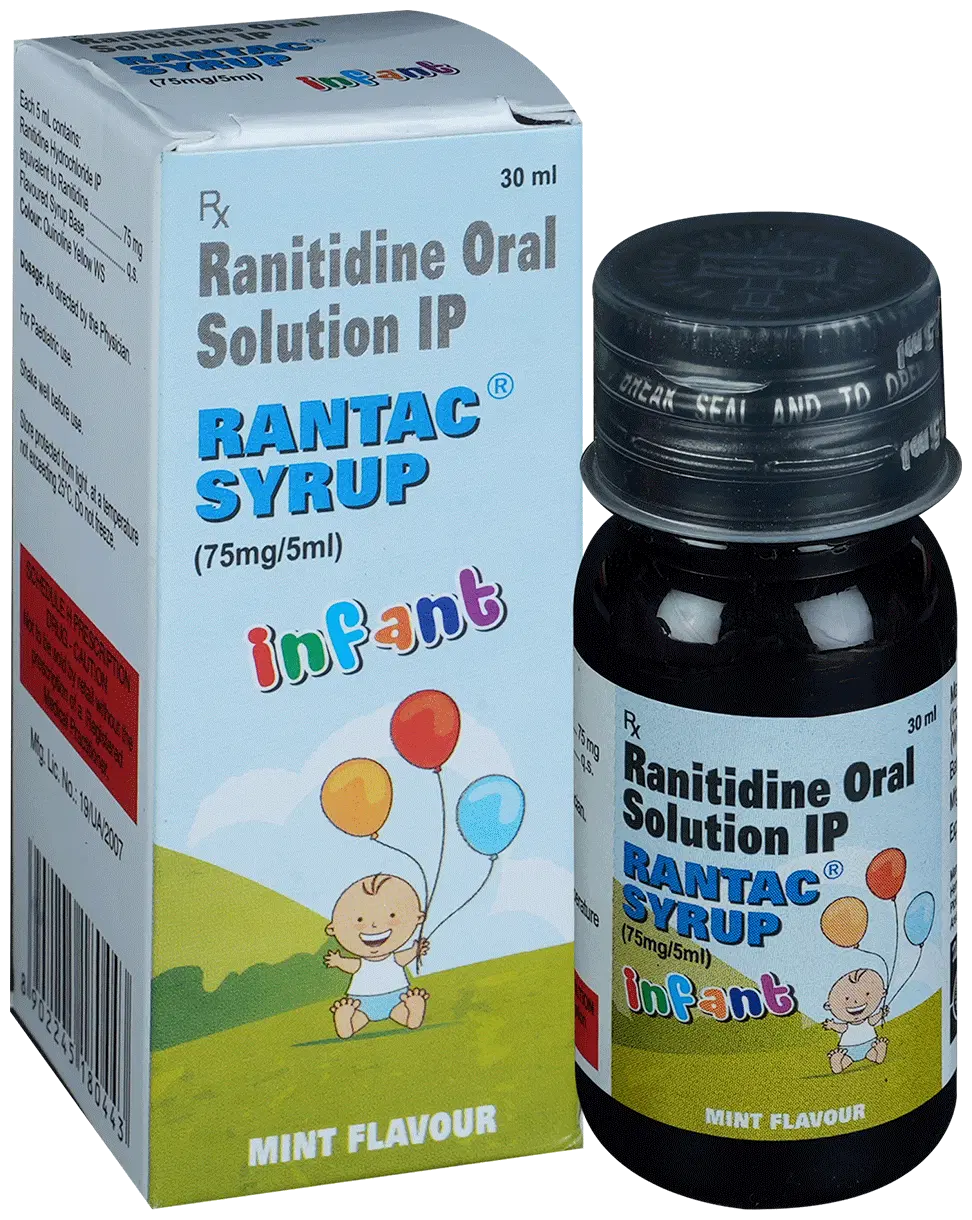Dacomitinib
Dacomitinib is a potent, selective, and irreversible tyrosine kinase inhibitor primarily targeting the epidermal growth factor receptor (EGFR), including its mutated forms such as T790M, in addition to other EGFR signaling pathway proteins including HER2 and HER4. This medication is used for the treatment of non-small cell lung cancer (NSCLC) that has progressed after platinum-based chemotherapy and at least one EGFR inhibitor.
Dacomitinib is designed to inhibit the growth and spread of cancer cells by blocking the activity of EGFR signaling pathway proteins that drive the growth of cancer cells. By doing so, it can help slow or stop the progression of NSCLC in patients who have developed resistance to other EGFR inhibitors, such as erlotinib or gefitinib.
When prescribing dacomitinib, healthcare professionals need to consider the potential side effects, drug interactions, and patient-specific factors to ensure its safe and effective use. Some common side effects associated with dacomitinib therapy include diarrhea, rash, skin reactions, and mouth sores. It is important for patients to follow their healthcare provider’s guidance on managing side effects and reporting any new or worsening symptoms promptly.
Dacomitinib is a vital treatment option for patients with advanced non-small cell lung cancer that has progressed after prior EGFR inhibitors. By targeting multiple EGFR signaling pathway proteins, this medication can help extend the survival of NSCLC patients and improve their quality of life.

Showing all 3 results
Showing all 3 results

